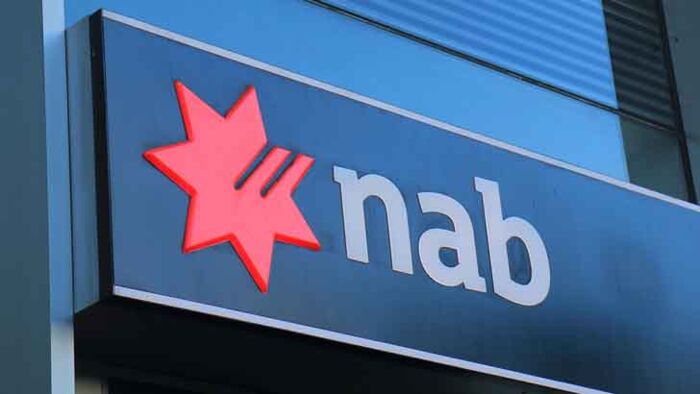NAB launches NAB Now Pay Later: What you've missed
By Nicola Field
Almost 3 million plan to ditch health cover, new car loan targets EVs, and NAB jumps into BNPL. Here are five things you may have missed this week.
2.9 million Australians consider dropping health cover
A Finder survey shows 2.9 million Aussies don't plan to renew their health insurance in 2022.
The study found the cost of cover has jumped 195% since 2000 - more than double the rate of inflation over the same period (69%).
Adding salt to the wound, Tim Bennett, health insurance expert at Finder, says, "Over the past year, insurers' profits have more than doubled, while the number of claims has decreased."
He adds that for many, "this raises the dilemma of whether to switch or ditch their policy".
On the plus side, the major health insurance funds have delayed their premium increases from April to around October this year. This is buying time for consumers to shop around for a better deal.
The privatehealth.gov.au website offers a one-stop-shop to compare premiums for the same types of cover across a range of health insurance providers.
Shopping around can pay off. Bennett says, "You can almost always save money, and you won't need to give up your waiting periods as these can be carried over between funds."
New car loan targets EVs and hybrids
Westpac has announced a new car loan offer to help customers purchase a new or used hybrid or electric vehicle.
It coincides with Westpac consumer research, which reveals 70% of Australians plan to own a hybrid or electric vehicle in the future, and 34% of petrol and diesel drivers are considering making the switch for their next car.
Westpac's car loan rates start from 4.99%, and will enable customers to borrow between $10,000 and $100,000 to finance their eligible hybrid or electric vehicle purchase.
"We know cost is one of the biggest barriers to hybrid and electric vehicle uptake, so this offer can help more customers transition to a greener vehicle," says Chris de Bruin, Westpac chief executive of consumer and business banking.
Westpac's new rate is available for eligible new and used hybrid and electric vehicles up to seven years old.
NAB launches NAB Now Pay Later for customers
NAB is jumping on the buy now, pay later (BNPL) bandwagon with its new NAB Now Pay Later product.
NAB customers will be able to access up to $1,000, split purchases into four payments, use it anywhere Visa is accepted and add NAB Now Pay Later to their digital wallets for online and in-person payments.
Unlike other instalment payment or pay-in-four products, NAB's offering has no late fees, no interest and no account fees.
NAB Group Executive Personal Banking, Rachel Slade says, "Hundreds of thousands of NAB customers are using instalment payment services so we've created NAB Now Pay Later to make this option simple and digital for them."
NAB Now Pay Later will be integrated into the NAB app alongside other NAB products like transaction accounts.
NAB Now Pay Later follows the 2020 launch of NAB's StraightUp, Australia's first no interest credit card.
Aussie consumers cash in reward points
Results from the 10th annual loyalty program research by The Point of Loyalty, reveal 70% of Australian loyalty program members are cashing in their reward points to score a freebie.
This is a significant increase since 2016, when only around half were taking advantage of loyalty rewards.
Adam Posner, CEO of The Point of Loyalty, says, "With increasing inflation and economic uncertainty, it's not surprising members are more engaged with programs they know and trust to earn more savings and rewards."
While many of us are happy to settle for the occasional reward of a few bucks knocked off our supermarket bill, the report found plenty of Australians are open to earning cryptocurrency as rewards.
While one in three members of loyalty programs were keen on the idea of being rewarded with crypto, this figure rises to 47% of Gen Y consumers.
$204 million lost to scams so far in 2022
We're less than halfway through 2022, and already Australians have lost $204 million to scams according to the ACCC's Scamwatch.
With a total of $323 million lost to scams throughout the whole of 2021, cyber crims could be on track to beat that total in the current calendar year.
Investment scams have eclipsed other types of scams so far this year, accounting for over $150 million of reported losses.
Phishing is by far the favourite tool of cyber crooks for 2022. These are attempts by scammers to trick you into giving out personal information such as your bank account numbers, passwords and credit card numbers.
Scamwatch says warning signs to look for include email or SMS messages that don't address you by your proper name, and may contain typing errors and grammatical mistakes.
Get stories like this in our newsletters.



